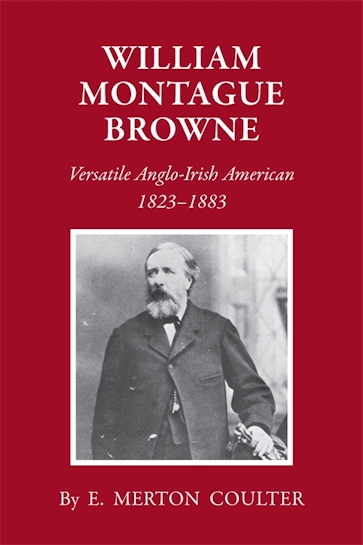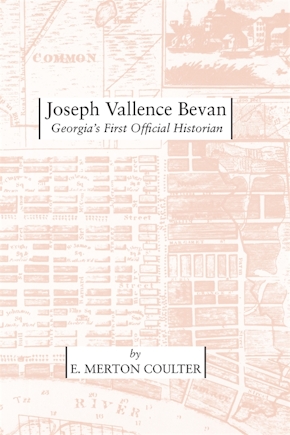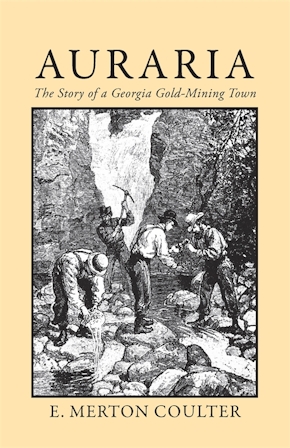William Montague Browne
Versatile Anglo-Irish American, 1823-1883
Title Details
Pages: 346
Trim size: 6.000in x 9.000in
Formats
Paperback
Pub Date: 05/01/2010
ISBN: 9-780-8203-3533-9
List Price: $34.95
Related Subjects
HISTORY / United States / 19th Century
BIOGRAPHY & AUTOBIOGRAPHY / Editors, Journalists, Publishers
HISTORY / United States / State & Local / South (AL, AR, FL, GA, KY, LA, MS, NC, SC, TN, VA, WV)
William Montague Browne
Versatile Anglo-Irish American, 1823-1883
Skip to
- Description
- Reviews
E. Merton Coulter’s biography of William Montague Browne portrays the life of an Irish journalist living in the north who moved south to adopt the Confederate cause. Born in County Mayo, Ireland, Browne moved to the U. S. in 1852 to be an editor at the New York Journal of Commerce. In 1859 he moved to Washington, D.C., where he edited and owned the Washington Constitution. As a journalist, Browne was an ardent champion of the southern cause and when Georgia seceded he moved south. During the Civil War he served as Director of Conscription in Georgia, aide-de-camp to President Davis, and brigadier general. Browne also took part in the defense of Savannah.
After the war, Browne moved to Athens, Georgia, where he edited the Southern Banner, studied law, was admitted to the Georgia bar, and tried farming on a plantation in Oglethorpe County. Later he founded and edited the Southern Farm and Home and became secretary of the Carolina Life Insurance Co., of which Jefferson Davis was president. After the failure of this company, Browne returned to Athens and was elected the first Professor of History and Political Science at the University of Georgia.
In narrating the life of Browne, as editor, secessionist champion, wartime jack-of-manytrades, businessman, and professor, Coulter has written a volume which follows the pattern established by his earlier works. He has taken a topic that other researchers have failed to study closely and completed a thoroughly researched biography. The depth of research is a Coulter hallmark, as is the careful restraint of the narrative style.
—Journal of Southern History
Browne’s significance, however, really lies in those aspects of his life and career that reflects the southern viewpoint, especially during the secession period. . . . These facets of his life are skillfully presented and constitute a useful contribution to the history of the era.
—American Historical Review



